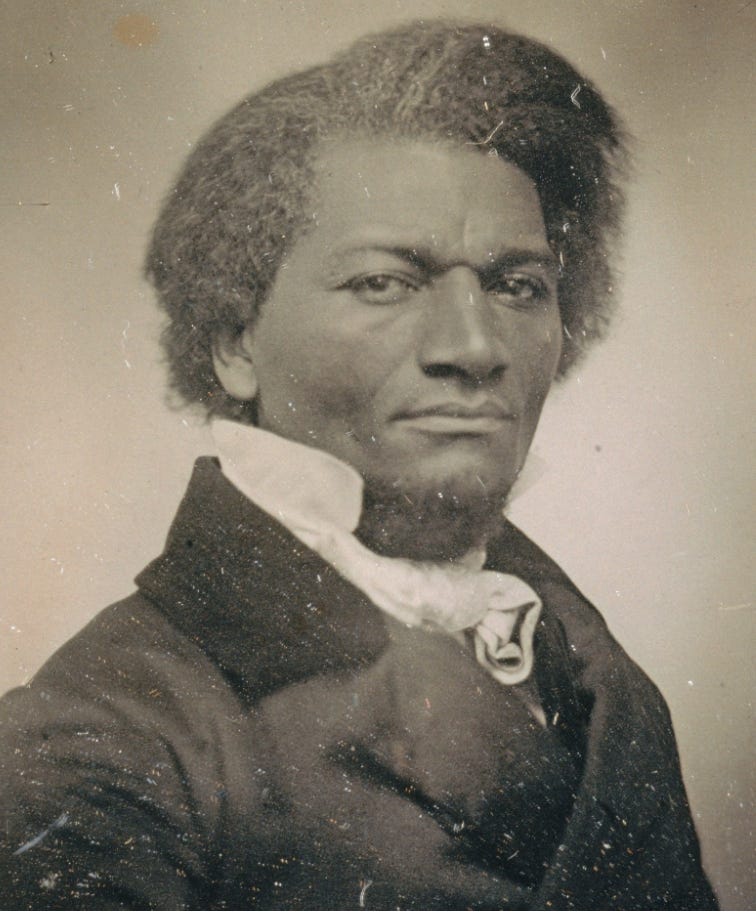Slavery in the United States
“I think the term slavery is sometimes abused by identifying it with that which it is not. Slavery in the United States is the granting of that power by which one man exercises and enforces a right of property in the body and soul of another. The condition of a slave is simply that of the brute beast. He is a piece of property—a marketable commodity in the language of the law, to be bought or sold at the will and caprice of the master who claims him to be his property; he is spoken of, thought of, and treated as property. His own good, his conscience, his intellect, his affections are all set aside by the master. The will and the wishes of the master are the law of the slave. He is as much a piece of property as a horse. If he is fed, he is fed because he is property. If he is clothed, it is with a view to the increase of his value as property. Whatever of comfort is necessary to him for his body or soul, that is inconsistent with his being property, is carefully wrested from him, not only by public opinion, but by the law of the country. He is carefully deprived of everything that tends in the slightest degree to detract from his value as property. He is deprived of education. God has given him an intellect—the slave-holder declares it shall not be cultivated. If his moral perception leads him in a course contrary to his value as property, the slave-holder declares he shall not exercise it. The marriage institution cannot exist among slaves, and one-sixth of the population of democratic America is denied its privileges by the law of the land. What is to be thought of a nation boasting of its liberty, boasting of its humanity, boasting of its Christianity, boasting of its love of justice and purity, and yet having within its own borders three millions of persons denied by law the right of marriage?—what must be the condition of that people?”
—Frederick Douglass, at Finsbury Chapel, Moorfields, London, 1846



